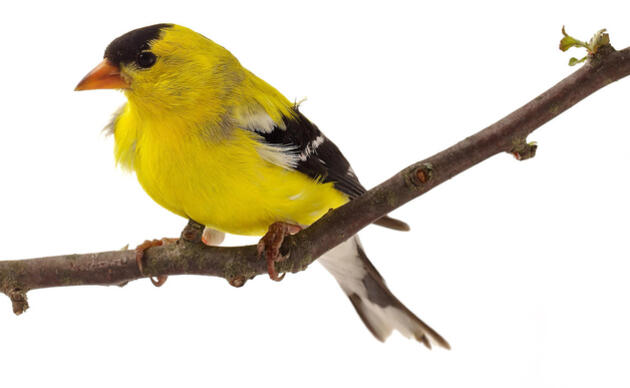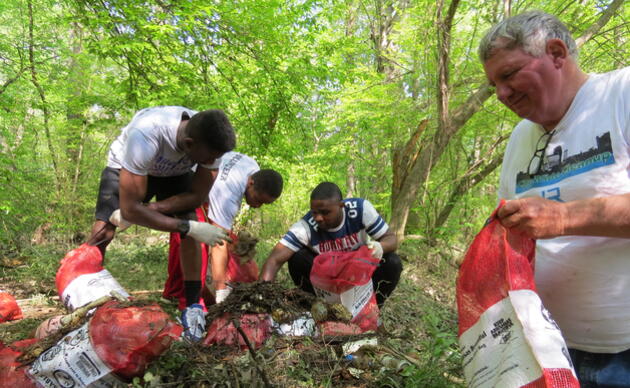Our own Dr. Dan the Bird man was recently interviewed by THV 11 about the conservation success that is the Eastern Bluebird in Arkansas. The text of the interview is below and you can see the video here.
LITTLE ROCK, Ark. (KTHV) -- The recovery of the Eastern bluebird is a remarkable success story.
Bluebirds have made a dramatic comeback in Arkansas from drastic declines several decades back.
A bluebird is a longtime symbol of happiness, good health and hope in North America.
"Adult male bluebirds are just sky blue even on a gray dreary day."
Dan Scheiman, Bird Conservation Director for Audubon Arkansas says three decades ago, almost no bluebirds were left in Arkansas.
Bluebird populations declined because of habitat loss, but thanks to man-made conservation efforts, they've made a comeback.
"Bluebirds have made a comeback in Arkansas and across their range because we have banned DDT, which was responsible for a lot of nest failures and also harmed the insects the bluebirds needed."
Scheiman says it was man-made nesting boxes like these that accounted for much of the resurgence in bluebird numbers in the last half century.
"Bluebirds are cavity nesters, but they can't make their own cavities. They rely on natural cavities in trees made by woodpeckers or artificial cavities."
In Hot Springs Village, the Audubon Society there has more than 300 boxes on nine golf courses.
Scheiman says in peak years, bluebird monitors have counted nearly 2000 bluebird eggs in the village.
"So the more nest boxes we provide for them, the more baby bluebirds can be born."
Scheiman says if you want to attract them to your backyard, you can help by adding these boxes too.
"Bluebirds are popular because they don't mind nesting near people, so they give us great opportunities to watch them. Plus, they're so beautiful."
Now is the time to put those bluebird boxes out since male bluebirds are looking for mates before winter is over.




